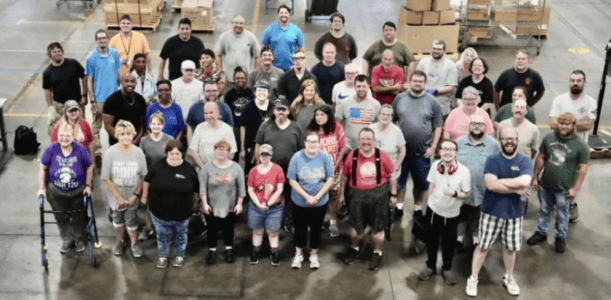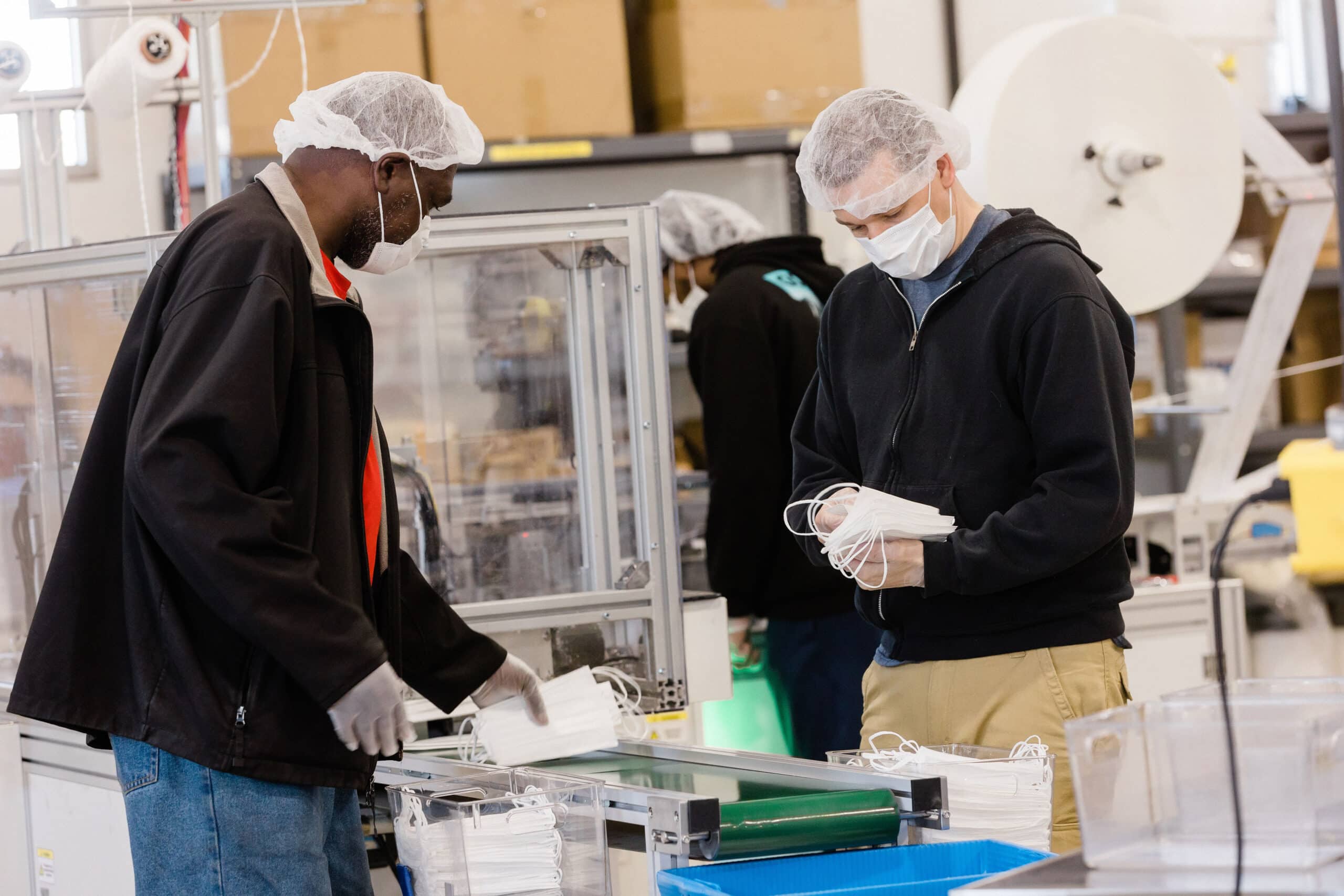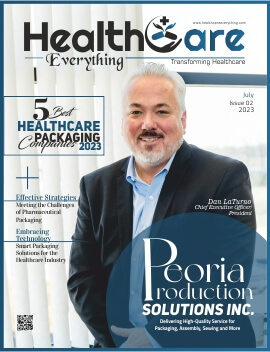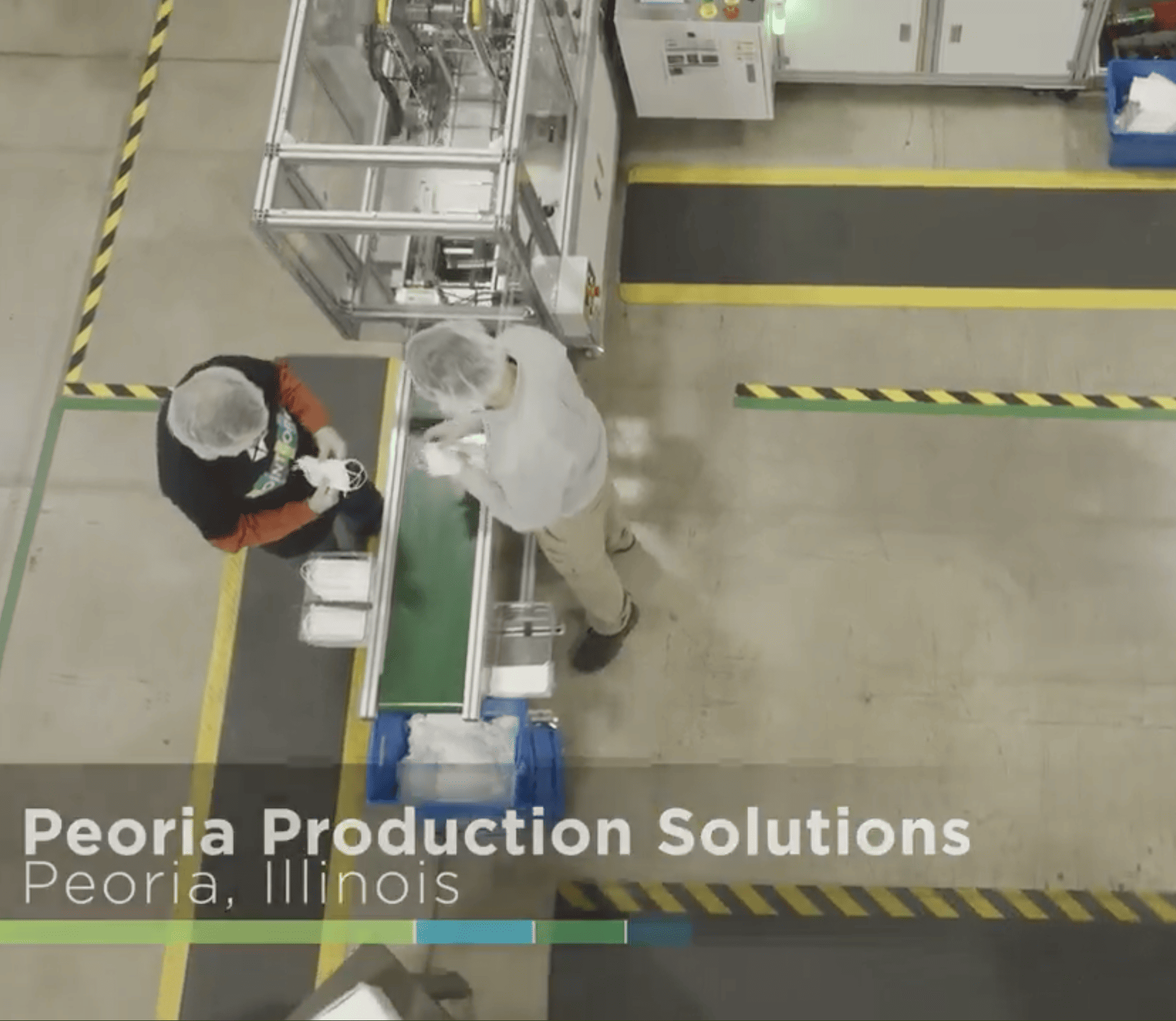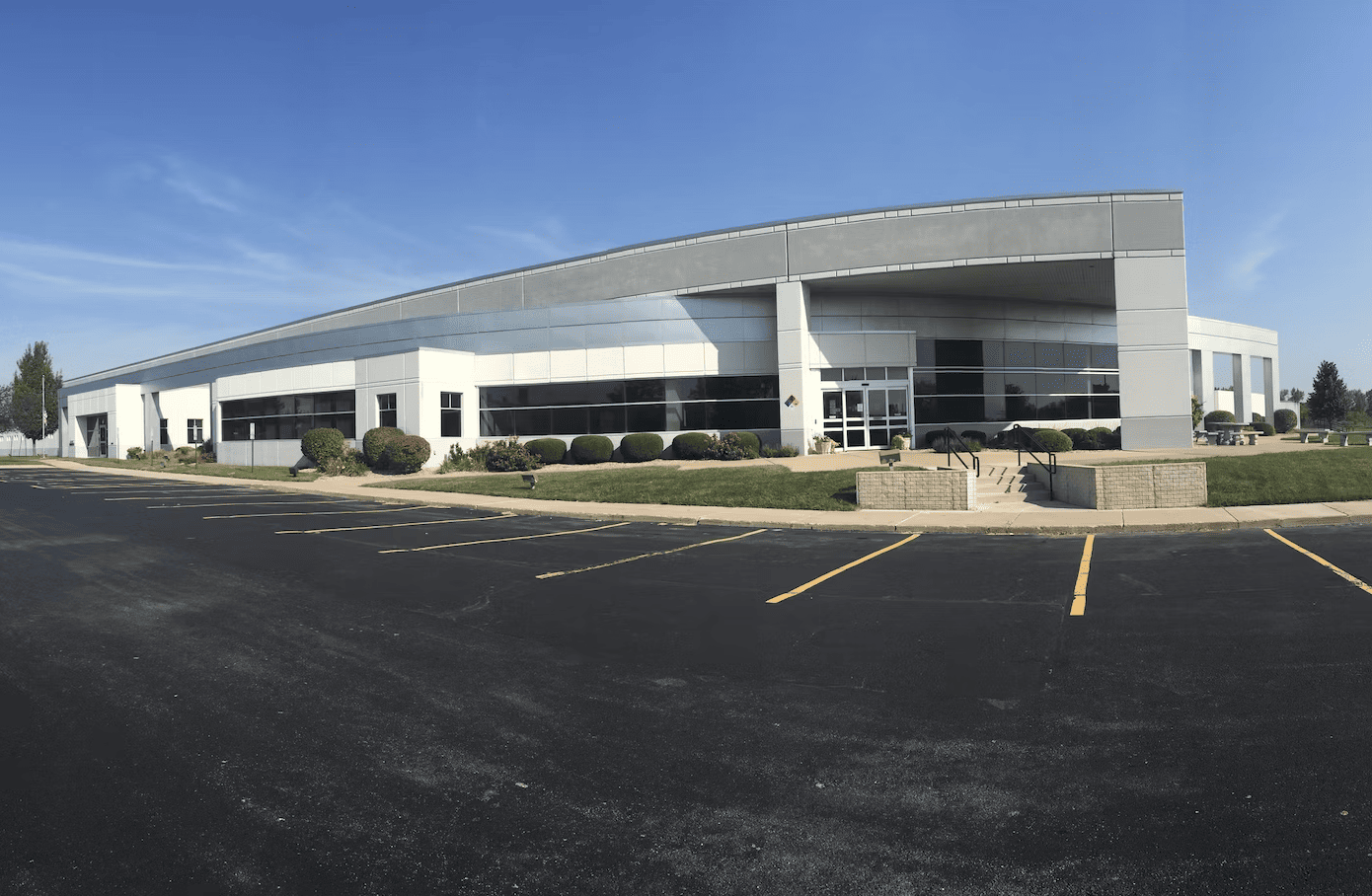Strength in Opportunity: Honoring Our Workforce and Manufacturing Excellence this October
October is an especially important time for Peoria Production Solutions (PPS) who celebrates National Disability Employment Awareness Month (NDEAM) and Manufacturing Month. The theme for NDEAM is ‘Access to Good Jobs for All.’ Peoria Production Solution takes pride in being a leading employer of individuals with disabilities, and this is …



